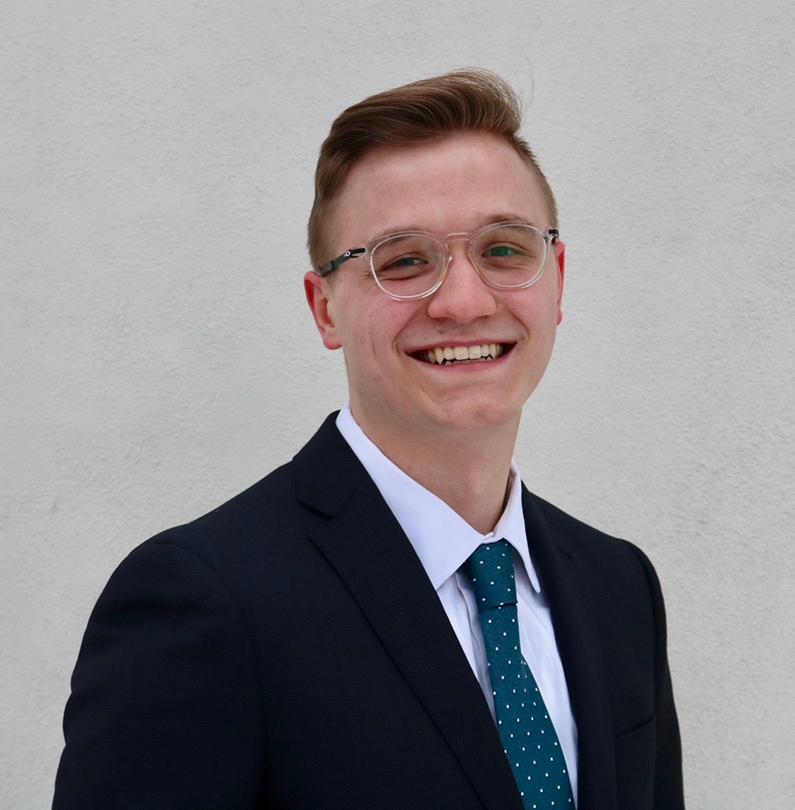Articles
The Challenge of Co-Religionist Commerce
Michael A. Helfand & Barak D. Richman
PDF
This Article addresses the rise of "co-religionist commerce" in the United States—that is, the explosion of commercial dealings that take place between co-religionists who intend their transactions to achieve both commercial and religious objectives. To remain viable, co-religionist commerce requires all the legal support necessary to sustain all other commercial relationships. Contracts must be enforced, parties must be protected against torts, and disputes must be reliably adjudicated.
Under current constitutional doctrine, co-religionist commercial agreements must be translated into secular terminology if they are to be judicially enforced. But many religious goods and services cannot be accurately translated without religious terms and structures. To address this translation problem, courts could make use of contextual tools of contract interpretation, thereby providing the necessary evidence to give meaning to co-religionist commercial agreements. However, contextual approaches to co-religionist commerce have been undermined by two current legal trends—one in constitutional law, the other in commercial law. The first is New Formalism, which discourages courts from looking to customary norms and relational principles to interpret commercial instruments. The second is what we call Establishment Clause Creep, which describes a growing judicial reticence to adjudicate disputes situated within a religious context. Together, these two legal developments prevent courts from using context to interpret and enforce co-religionist commercial agreements.
This Article proposes that courts preserve co-religionist commerce with a limited embrace of contextualism. A thorough inquiry into context, which is discouraged by both New Formalist and many Establishment Clause doctrines, would allow courts to surmise parties' intents and distinguish commercial from religious substance. Empowering the intent of co-religionist parties and limiting the doctrinal developments that threaten to undermine co-religionist commerce can secure marketplace dealings without intruding upon personal faith.
Home Rules
Sarah Swan
PDF
Thousands of American cities and towns are responding to social problems like bullying, drug abuse, and criminality by passing ordinances that hold individuals responsible for the wrongful acts of their family members and friends. Parental liability ordinances impose sanctions on parents when their children engage in bullying or other targeted behaviors; mandatory terms in rental housing leases require the eviction of tenants whose family members, friends, or guests engage in unlawful acts; and nuisance ordinances require evictions when a threshold number of calls to police is exceeded, even though such calls are often related to another person's wrongful or abusive behavior.
Cities typically rely on home rule authority to pass these ordinances, and these ordinances in turn create new "home rules" for the households affected. These new home rules are a form of third-party policing, and through them, the city is becoming an increasingly significant player in governing families and regulating intimate spaces. These home rules cut against the standard understanding of the home as mostly private and self-governed, and instead configure it as a site of state-required risk management and crime prevention. In so doing, these ordinances destabilize families and disrupt kinship structures, regardless of whether one is able to comply with them or not. Further, the ordinances allocate the burdens of preventing crime and managing risk in a manner inflected with gender, race, and class issues. Fortunately, the dynamism of localism can promise a better solution to the social problems that prompted these ordinances in the first place.
Notes
Conspiracy and the Fantasy Defense: The Strange Case of the Cannibal Cop
Kaitlin Ek
PDF
In the notorious "Cannibal Cop" case, New York police officer Gilberto Valle was accused of conspiring to kidnap, kill, and eat various women of his acquaintance. Valle claimed a "fantasy defense," arguing that his expression represented not conspiracy agreement, but fantasy role-play. His conviction and subsequent acquittal raised questions about the freedom of speech, thoughtcrime, and the nature of conspiracy law. Because the essence of conspiracy is agreement, it falls into the category of crimes in which pure speech is the actus reus of the offense. This Note argues that as a result, conspiracy cases in which the fantasy defense is implicated pose special due-process and First Amendment dangers, and concludes that these dangers can be mitigated by a strengthened overt-act requirement.
Challenging the Exclusion of Gambling Disorder as a Disability Under the Americans with Disabilities Act
Kathleen V. Wade
PDF
The Americans with Disabilities Act explicitly excludes "compulsive gambling" from its definition of disability, thus denying gambling addicts protection from employer discrimination based on their disorder. Since the enactment of the ADA, however, scientific understandings of gambling disorder have evolved to view the condition as an addiction, rather than as a compulsion or impulse-control disorder. This move is mirrored in the DSM-5's reclassification of gambling disorder under the category of "substance-related and other addictive disorders."
This Note contends that gambling disorder would qualify as a "disability" under the ADA, were it not for the disorder's current statutory exclusion. This Note therefore recommends that the ADA be amended to bring gambling disorder within its coverage. Such a change would not only reflect recent developments in the field of addiction psychology, but would also further the ADA's underlying purpose—to protect individuals with disabilities from workplace discrimination.



